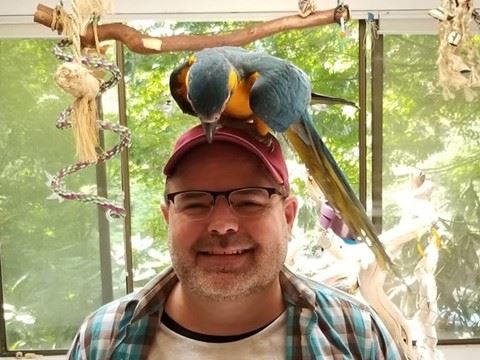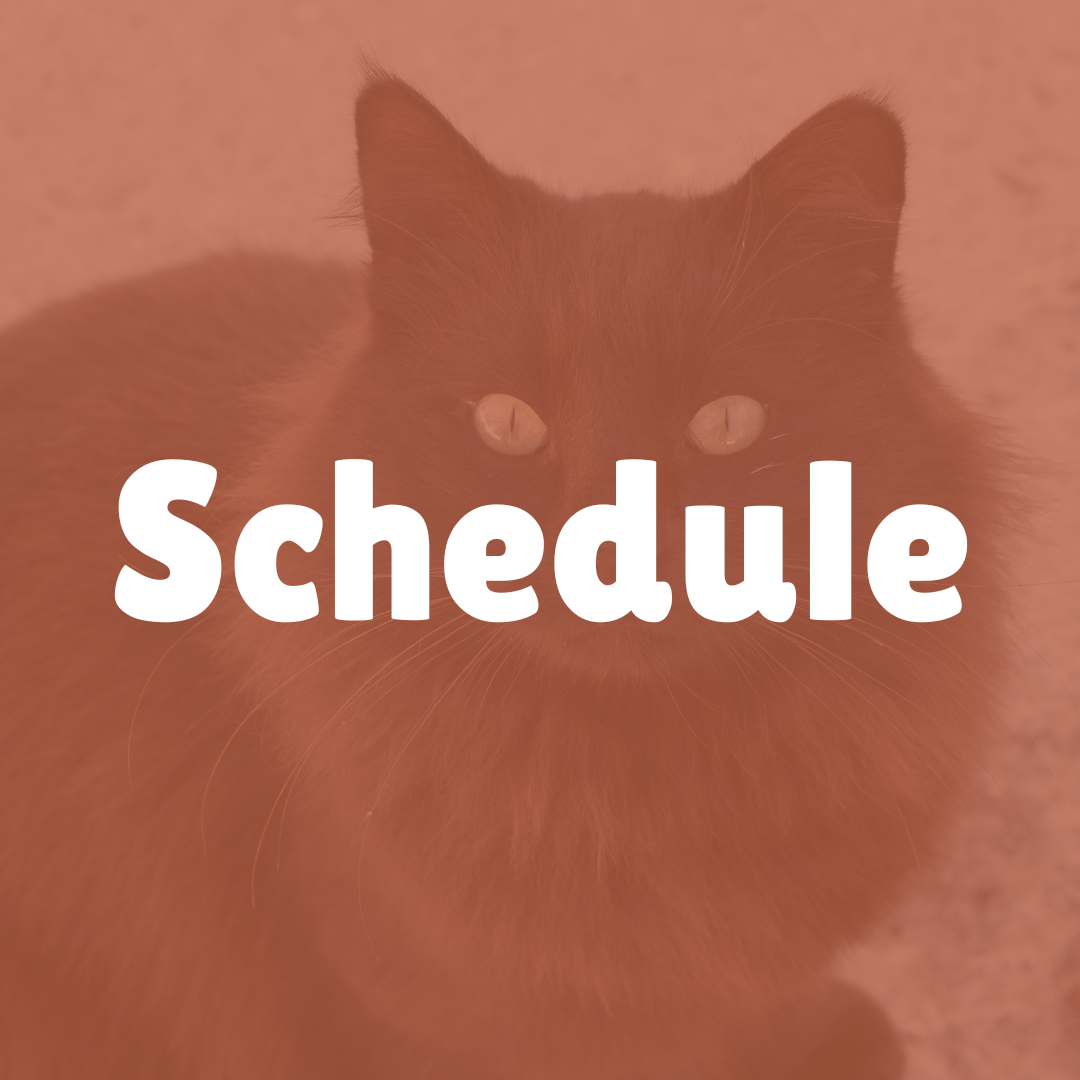PPGA 2024 CONFERENCE
Eduardo J. Fernandez, Biography AND Talks
Dr Eduardo J. Fernandez

Eduardo J. Fernandez is a Senior Lecturer of Applied Animal Behaviour and Welfare in the School of Animal and Veterinary Sciences at the University of Adelaide (Australia). He received his Ph.D. in Psychology (minors in Neuroscience and Animal Behavior) from Indiana University, where he worked with the Indianapolis and Cincinnati Zoo.
He received his M.S. in Behavior Analysis from the University of North Texas, where he founded the Organization for Reinforcement Contingencies with Animals (ORCA). Most of his past and current work involves behavioural research applied to the welfare and training of zoo, aquarium, and companion animals.
His past positions include a Visiting Professorship in the Psychology Department at Seattle Pacific University, a Visiting Professorship in the School of Behavior Analysis at the Florida Institute of Technology, an Affiliate Assistant Professorship in the Psychology Department at the University of Washington, a Research Fellowship with Woodland Park Zoo, and a National Science Foundation Postdoctoral Fellowship.
While working with UW and the Woodland Park Zoo, he started the Behavioral Enrichment Animal Research (BEAR) group, which conducted welfare research with many of the species and exhibits located throughout the zoo. He currently runs the Operant Welfare Lab (OWL), which is dedicated to the use of learning principles to improve the lives of animals. OWL is also part of the broader Animal Behaviour, Welfare, and Anthrozoology Lab (ABWAL; abwal.com). Many of Eduardo’s past publications, research projects, and presentations can be found on his ResearchGate profile.
ABOUT THE TalkIntroduction to LIFE: Least Inhibitive, Functionally Effective |




